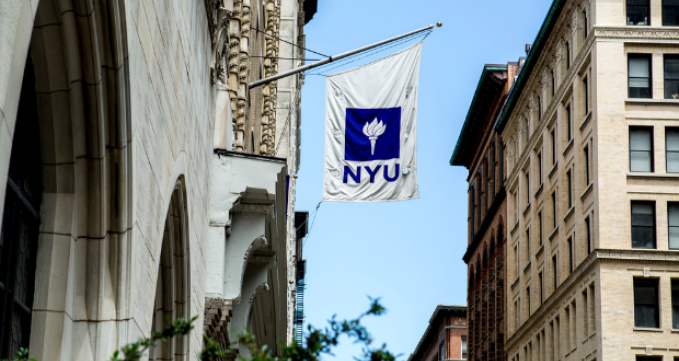ANALYSIS OF PROGRAM EFFECTIVENESS
Client
UGANDA VILLAGE PROJECT
Faculty
Kathleen Apltauer
Team
Akshara Anirjita, Emma Bryden-Brown, Ruirui Gu, Mercy Swarna
ASSESSING THE EFFECTS OF THE “RACE TO THE TOP” PROGRAM ON STUDENT OUTCOMES
Client
SCHOOL FINANCE REFORM
Faculty
James Dunham
Team
Annie Chean, Qi Cheng, Zhiran Zhao
EVALUATION OF A LEADERSHIP DEVELOPMENT PROGRAM FOR PUBLIC SERVICE PROFESSIONALS
Client
MILBANK MEMORIAL FUND
Faculty
Rain Henderson
Team
Anthony Monaco, Seila Radoncic, Sanjana Rahman, Beatrice Simon-Ogan, Sarah Yolleck
SHOWCASING THE SUCCESS OF A GUN VIOLENCE PREVENTION PROGRAM
Client
LIFE CAMP
Faculty
Rain Henderson
Team
Robin Allen, Andrew Dahl, Jacqueline Meilak, Silvio Olivares, Anna Vasilyeva
CREATING IMPACT ASSESSMENT TOOLS FOR A GARDEN EDUCATION PROGRAM
Client
LAND TO LEARN
Faculty
Erica Foldy
Team
Marlene Artov, Shruti Bengani, Alexis Contreras, Christal Somar
Atzimba Baltazar-Macias
Daphna Ezrachi
Joyce Chiao
Evaluating Project Effectiveness of the Healthy Villages Initiative
Client
Uganda Village Project
Faculty
Kathleen Apltauer
Team
Ambrosia Kaui, Sesen Paulos, Jingyun Shen, Kennedy Starnes
Improving Virtual Education in Nepali and Indian High Schools
Client
Ek Kadam Aur (One Step Ahead)
Faculty
Kathleen Apltauer
Team
Laurienne Abraham, Ana Gutierrez Ruiz, Simran Parikh
Parents Connect Program Evaluation
Client
New York City Department of Health and Mental Hygiene
Faculty
Amit Loungani
Team
Jacqueline Betro, Johnsonie Casimyr, Cheryl Qihui Ma, Janelle Montales Sauz, Marc Anthony Starvaggi



